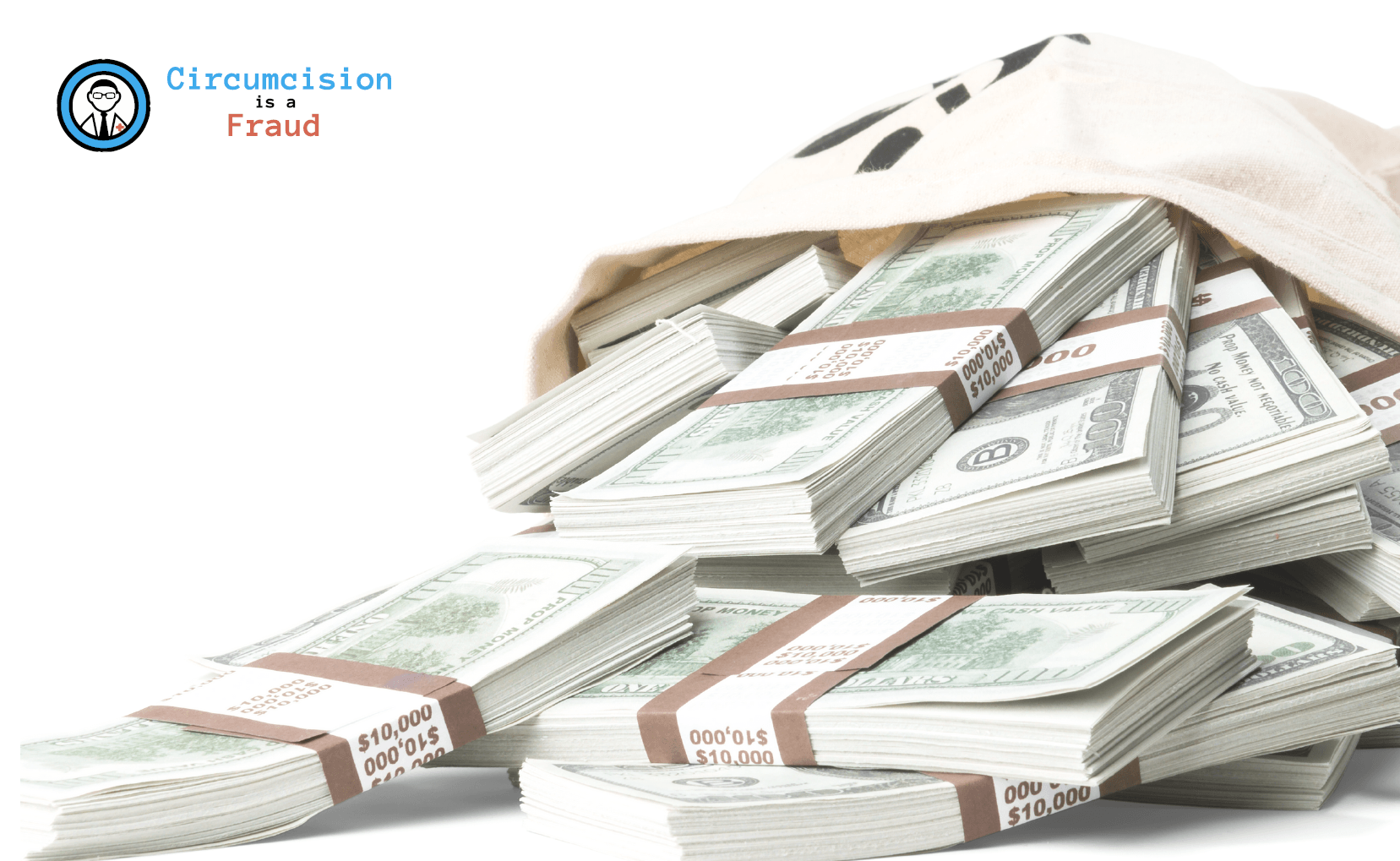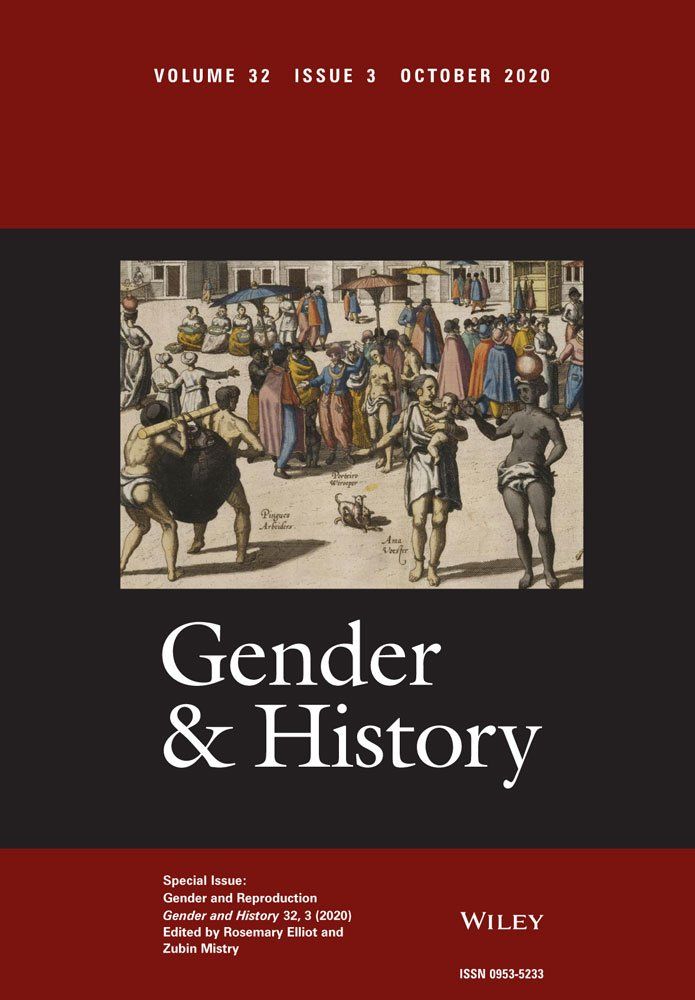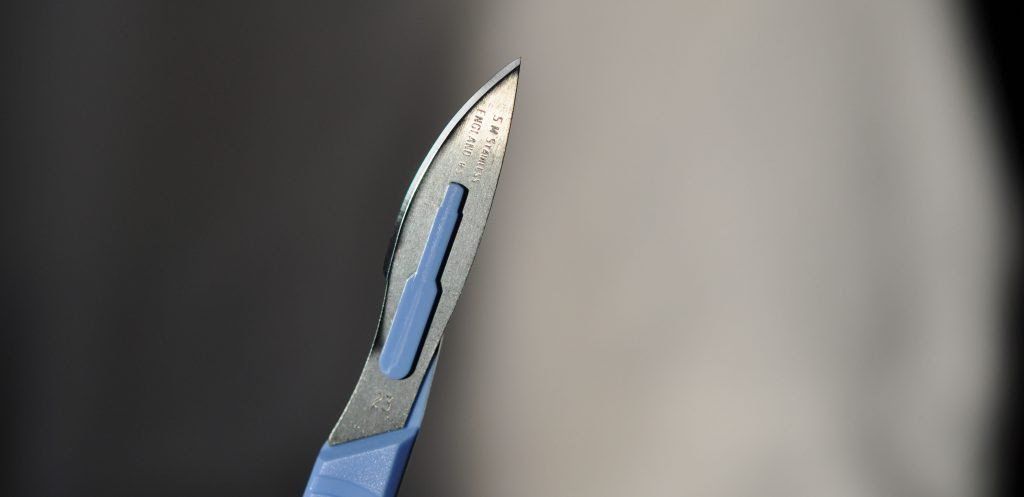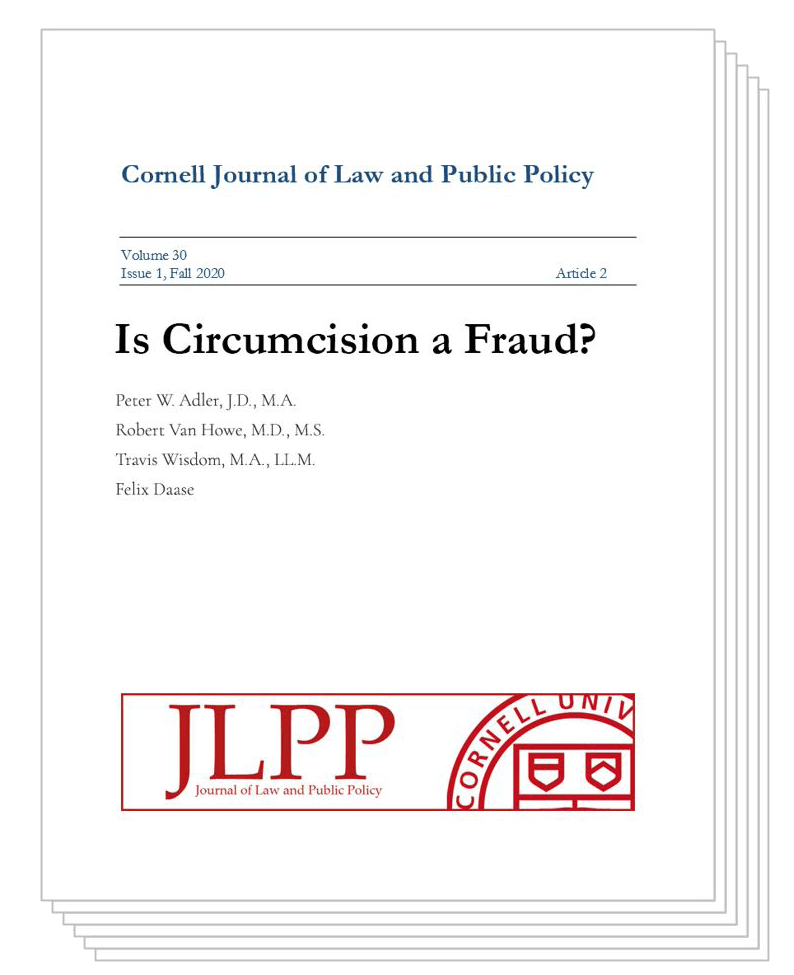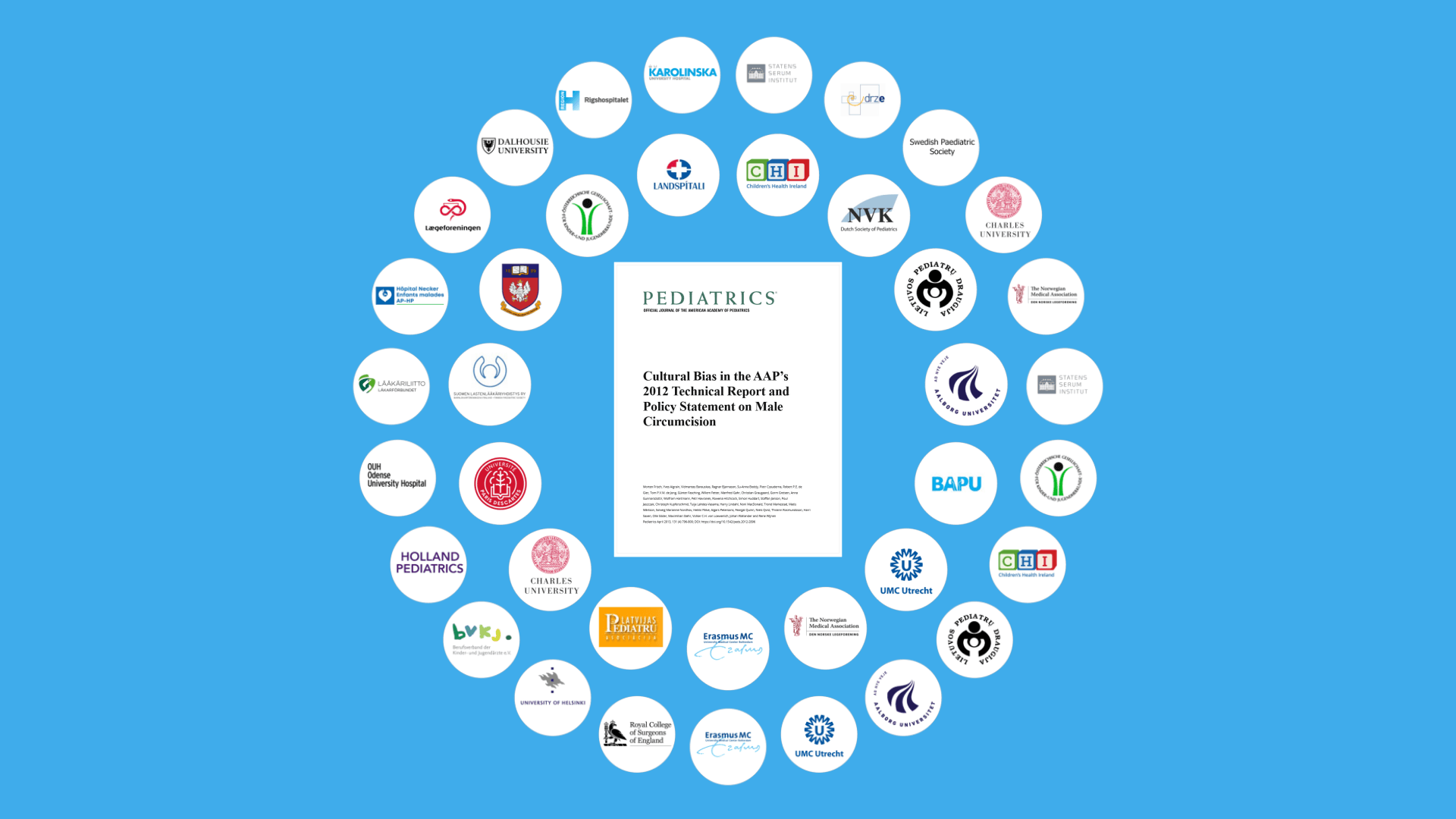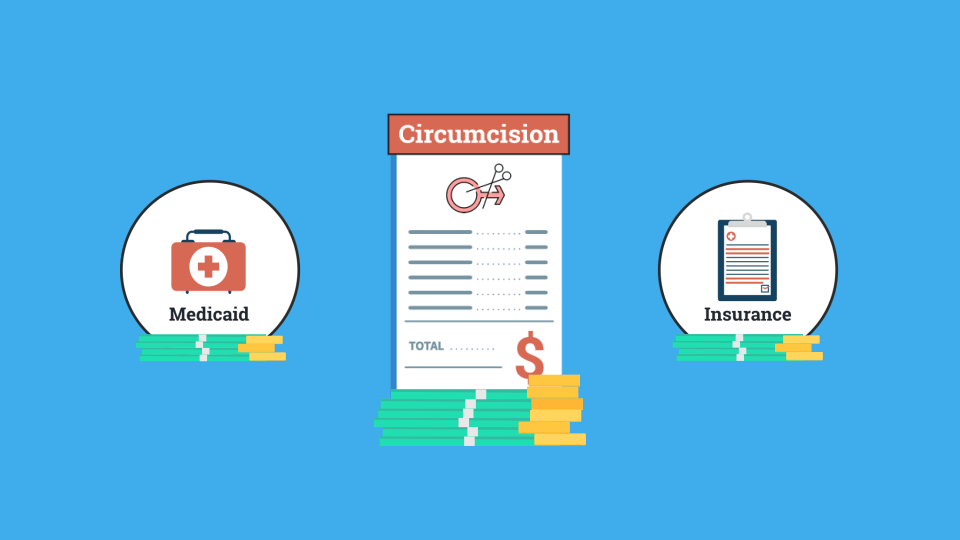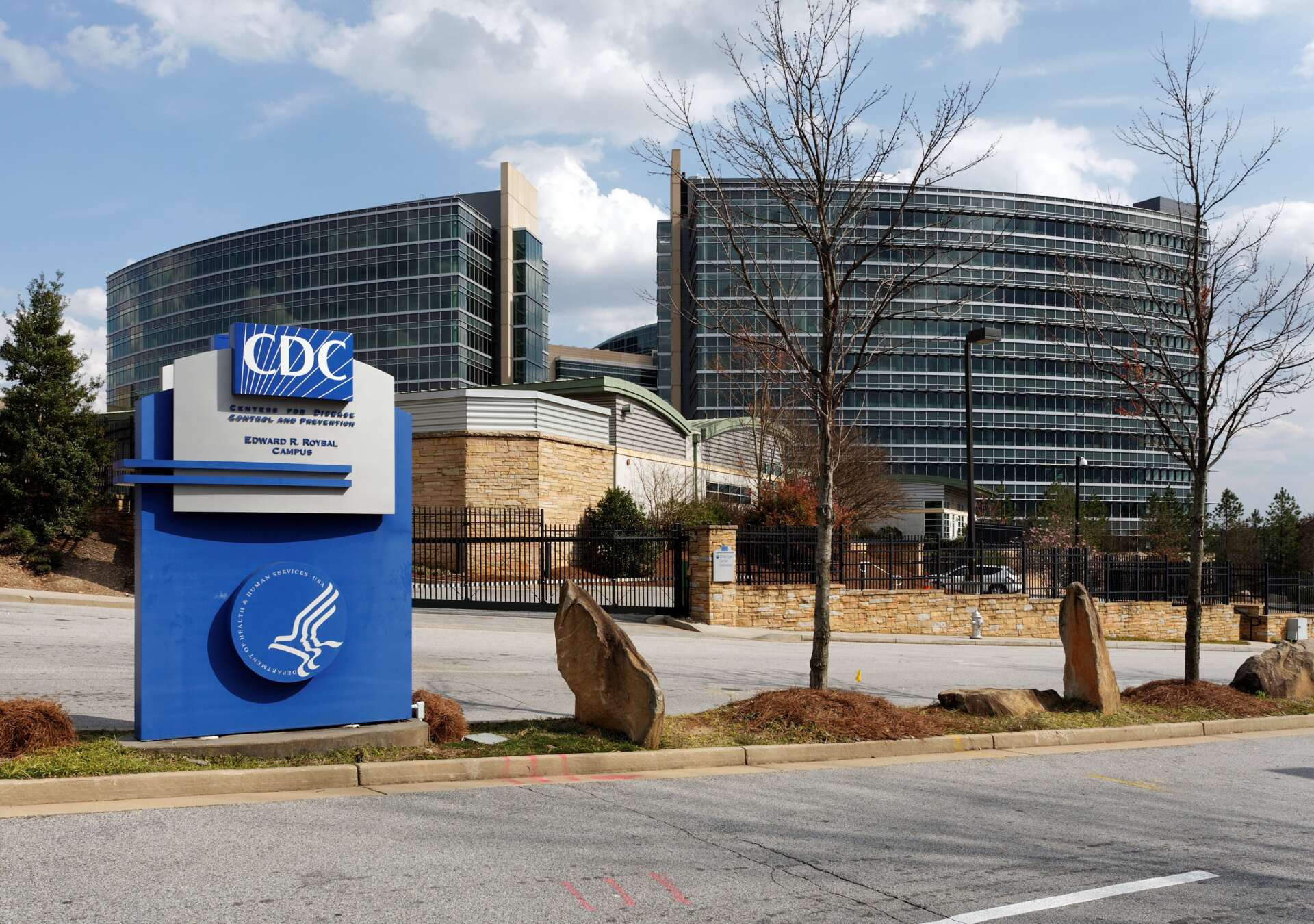Why Circumcision is Medicaid Fraud
Why Circumcision May be a Looming Multi-Billion Dollar Liability for the Medical Industry
What is Medicaid?
Medicaid is a government program intended to help Americans with limited resources or income pay medically necessary care. As of 2017, Medicaid provided free health insurance to 74 million people or 23% of Americans. (1) Medicaid is a taxpayer-funded $600 billion government program. (2)

Medicaid Funds Cannot Be Used for Unnecessary Procedures
Under federal law, the use of Medicaid funds are strictly limited to medically necessary care. As Adler et al states:
“Under the federal Medicaid Act, 42 USC § 1396 et seq., practitioners must furnish only medically necessary care.” (3)
In other words, to lawfully use Medicaid funds, physicians must certify that the medical services being provided are medically necessary to be reimbursed for it.
Non-Therapeutic Circumcision is not Medically Necessary
Non-therapeutic circumcisions are, by definition, not medically necessary. As stated by Adler et al:
“Non-therapeutic medical circumcision, or circumcision that is not needed to treat a medical condition, is an oxymoron.” (4)
This means that circumcisions, when performed for any non-medical reason, such as for cosmetic reasons, are not medically necessary and thus are not eligible to be reimbursed by medicaid. Cosmetic surgery is not covered under Medicaid.
Non-Therapeutic Circumcisions, or circumcisions which do not treat any medical condition, are unnecessary, unethical and illegal. As is the consensus in the international medical community (5), circumcision has no rational basis in medicine as any purported benefits are misrepresented or exaggerated and do not outweigh the risks and a lifetime of downsides. Circumcision is widely viewed to be unethical (6) as it violates bodily integrity for infants who cannot consent. Furthermore, under U.S. law, parents cannot legally provide consent for unnecessary surgery and doctors cannot perform surgery without consent making circumcision illegal. (7)
38 medical authorities have spoken out calling the practices unnecessary, unlawful and a violation of a doctor's hippocratic oath to do no harm. Click below to read their paper...
Routine Infant Circumcision Constitutes Medicaid Fraud
U.S. Courts have ruled that if someone knowingly makes a false Medicaid claim then that person can be convicted for Medicaid fraud. (8) As stated by Adler et al:
“Physicians who circumcise bill Medicaid using the billing code Z41: ‘Encounter for procedures for purposes other than remedying health state,’ the subsidiary billing code Z41.2, ‘Encounter for routine and ritual male circumcision’ in the absence of medical indication, and they use the diagnosis group #795 for “Normal newborn.” (9)
In other words, doctors are diagnosing babies as a “Normal Newborn” which certifies to the Medicaid program that the babies suffer from no medical condition that requires a circumcision.
Any licensed practitioner knows that “Normal Newborn” is not a diagnosis. Any medical practitioner that makes these designations, yet performs a circumcision regardless, has likely committed Medicaid fraud. Doctors and hospitals that do this are systematically defrauding American taxpayers for profit. These doctors and hospitals are recklessly violating Medicaid law which is wrong and illegal.
Medicaid Oversight and Billions in Damages
The government has recognized that Medicaid funds are at high risk of being misused. As Adler et al states:
“The U.S. Government Accountability Office designated Medicaid as a program that is at ‘high risk for improper payments,’ including for those that were not medically necessary... Pursuant to 42 U.S.C. § 1396a(a)(30), all states must establish utilization review boards and procedures to reduce unnecessary Medicaid expenditures.” (10)
As of 2011, 18 U.S. states have already stopped allowing the use of Medicaid funds for circumcisions and any use of Medicaid funds for circumcisions in these states would be illegal.
Physicians are still performing circumcisions in the U.S. using Medicaid, as Medicaid pays for about one-third of circumcisions. (11) Federal and state governments have claims against physicians who use Medicaid funds for circumcisions in violation of federal law potentially in the tens or even hundreds of billions of dollars.
Stopping The Fraud
Ronald Goldman, PhD, and Peter Adler are actively suing the state of Massachusetts on behalf of taxpayers for fraudulent use of Medicaid funds. Adler's Journal of Law and Medicine article entitled "Is it lawful to use Medicaid to pay for circumcision?" (12) was the first step towards this lawsuit. Read more about the case (Goldman, Ronald vs. Secretary of the Executive Office of Health and Human Services)
Citations
(1) Terhune, Chad (October 18, 2018). "Private Medicaid Plans Receive Billions In Tax Dollars, With Little Oversight". Health Shots. NPR. Retrieved October 18, 2018.
(2) Franco Montoya, Daniela; Chehal, Puneet Kaur; Adams, E. Kathleen (April 2, 2020). "Medicaid Managed Care's Effects on Costs, Access, and Quality: An Update". Annual Review of Public Health. 41 (1): 537–549. doi:10.1146/annurev-publhealth-040119-094345. ISSN 0163-7525
(3) Adler, Peter W, Robert Van Howe, Travis Wisdom, and Felix Daase. “Is Circumcision a Fraud?” Cornell Journal of Law and Public Policy 30, no. 1 (2020)
(4) Ibid
(5) Frisch, M., Y. Aigrain, V. Barauskas, R. Bjarnason, S.-A. Boddy, P. Czauderna, R. P. E. De Gier, et al. “Cultural Bias in the AAP's 2012 Technical Report and Policy Statement on Male Circumcision.” Pediatrics 131, no. 4 (2013): 796–800. https://doi.org/10.1542/peds.2012-2896.
(6) Earp, Brian D. “The Ethics of Infant Male Circumcision.” Journal of Medical Ethics. Institute of Medical Ethics, July 1, 2013. https://jme.bmj.com/content/39/7/418.short.
(7) Adler, Peter W, Robert Van Howe, Travis Wisdom, and Felix Daase. “Is Circumcision a Fraud?” Cornell Journal of Law and Public Policy 30, no. 1 (2020)
(8) United States ex rel. Marcy v. Rowan, 520 F.3d 384, 389 (5th Cir. 2008)
(9) Adler, Peter W, Robert Van Howe, Travis Wisdom, and Felix Daase. “Is Circumcision a Fraud?” Cornell Journal of Law and Public Policy 30, no. 1 (2020)
(10) Ibid
(11) Ibid
(12) Adler, Peter W. "Is it lawful to use Medicaid to pay for circumcision?" J Law Med. 2011 Dec;19(2):335-53. PMID: 22320007. https://pubmed.ncbi.nlm.nih.gov/22320007
See also pages 1 and 68-72 in Adler, Peter W. "Is Circumcision a Fraud?" Available online at https://www.lawschool.cornell.edu/research/JLPP/upload/Adler-et-al-final.pdf
